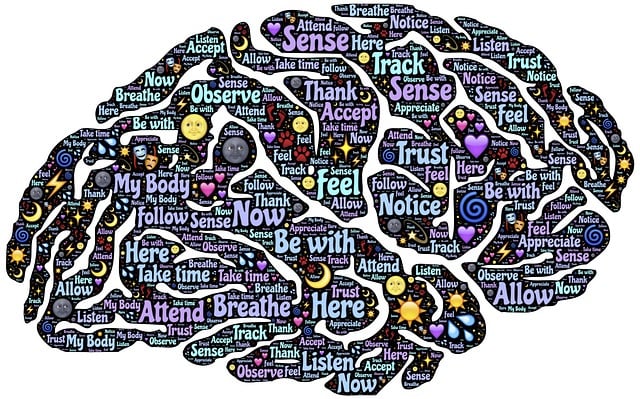Denver Sexual Addiction Therapy offers specialized coaching programs addressing unique challenges of sexual addiction with evidence-based strategies like cognitive-behavioral therapy and mindfulness techniques. Balancing sensitivity and structure, these programs empower individuals to manage urges, restore healthy relationships, and navigate emotional complexities. Community engagement through public awareness campaigns destigmatizes sexual addiction while promoting emotional well-being. Rigorous risk management planning ensures safe, ethical handling of sensitive cases, emphasizing empathy building for stronger therapist-client relationships.
In today’s fast-paced world, mental wellness is a paramount concern. This is especially true for addressing sexual addiction, a complex issue that demands specialized approaches. The development of tailored coaching programs, like Denver Sexual Addiction Therapy, plays a pivotal role in supporting individuals on their journey to recovery.
This article explores the growing necessity for these niche programs, delves into effective coaching strategies, and provides insights into successful implementation through real-world examples.
- Understanding the Need for Specialized Coaching Programs
- Designing Effective Mental Wellness Coaching for Sexual Addiction
- Implementing and Evaluating Denver Sexual Addiction Therapy Programs
Understanding the Need for Specialized Coaching Programs

In today’s fast-paced world, mental wellness is more important than ever. However, addressing specific issues like sexual addiction requires specialized approaches—a need often overlooked in traditional therapy settings. Denver Sexual Addiction Therapy highlights this gap by focusing on the unique challenges faced by individuals struggling with sexual addiction, offering tailored coaching programs that go beyond general wellness practices.
Specialized coaching programs are essential for comprehensive healing. They cater to the intricate dynamics of sexual addiction, incorporating strategies like cognitive-behavioral therapy and mindfulness techniques. Moreover, these programs address the cultural complexities involved, as evidenced by increasing Healthcare Provider Cultural Competency Training initiatives. By integrating these specialized practices into mental wellness coaching, individuals can find effective anxiety relief and embark on a transformative journey towards holistic healing and improved quality of life.
Designing Effective Mental Wellness Coaching for Sexual Addiction

Designing effective mental wellness coaching programs for sexual addiction requires a nuanced approach that balances sensitivity and structure. Incorporating evidence-based techniques from Denver Sexual Addiction Therapy, coaches can help individuals navigate complex emotional terrains, understand underlying triggers, and develop personalized coping strategies. This involves fostering safe, non-judgmental spaces where clients feel empowered to explore their experiences honestly while learning skills to manage urges and rebuild healthy relationships.
Beyond individual coaching, Public Awareness Campaigns Development can play a crucial role in destigmatizing sexual addiction and promoting Emotional Well-being Promotion Techniques. By educating the community, these campaigns foster understanding and empathy, creating a more supportive environment for those seeking help. Effective risk management planning for mental health professionals is also essential, ensuring therapists are equipped with the knowledge and tools to address sexual addiction safely and ethically while upholding professional standards.
Implementing and Evaluating Denver Sexual Addiction Therapy Programs

Implementing Denver Sexual Addiction Therapy programs requires a thoughtful and structured approach to ensure their effectiveness in treating individuals struggling with sexual addiction. These programs often incorporate various therapeutic techniques, such as cognitive-behavioral therapy, to address the underlying causes of addiction while promoting healthy coping mechanisms. Regular evaluation is crucial for measuring the success of these initiatives. By assessing participant progress through standardized assessments and client feedback, therapists can adjust treatment plans accordingly.
The development of Mental Wellness Coaching Programs in Denver should focus on integrating Empathy Building Strategies to foster strong therapist-client relationships. This not only enhances trust but also encourages clients to engage more openly in therapy. Moreover, aligning these programs with the goals of Depression Prevention can significantly benefit participants by addressing co-occurring disorders and promoting overall mental wellness.
The development of specialized mental wellness coaching programs, particularly tailored for sexual addiction in Denver, is a vital step towards enhancing access to effective therapy. By integrating these programs into existing healthcare systems, we can provide much-needed support to individuals struggling with sexual addiction. The success of the Denver Sexual Addiction Therapy models highlighted in this article underscores the potential for such targeted interventions. As we continue to navigate the complexities of addressing sexual addiction, investing in evidence-based coaching strategies is essential to fostering recovery and improving overall mental wellness within the community.














